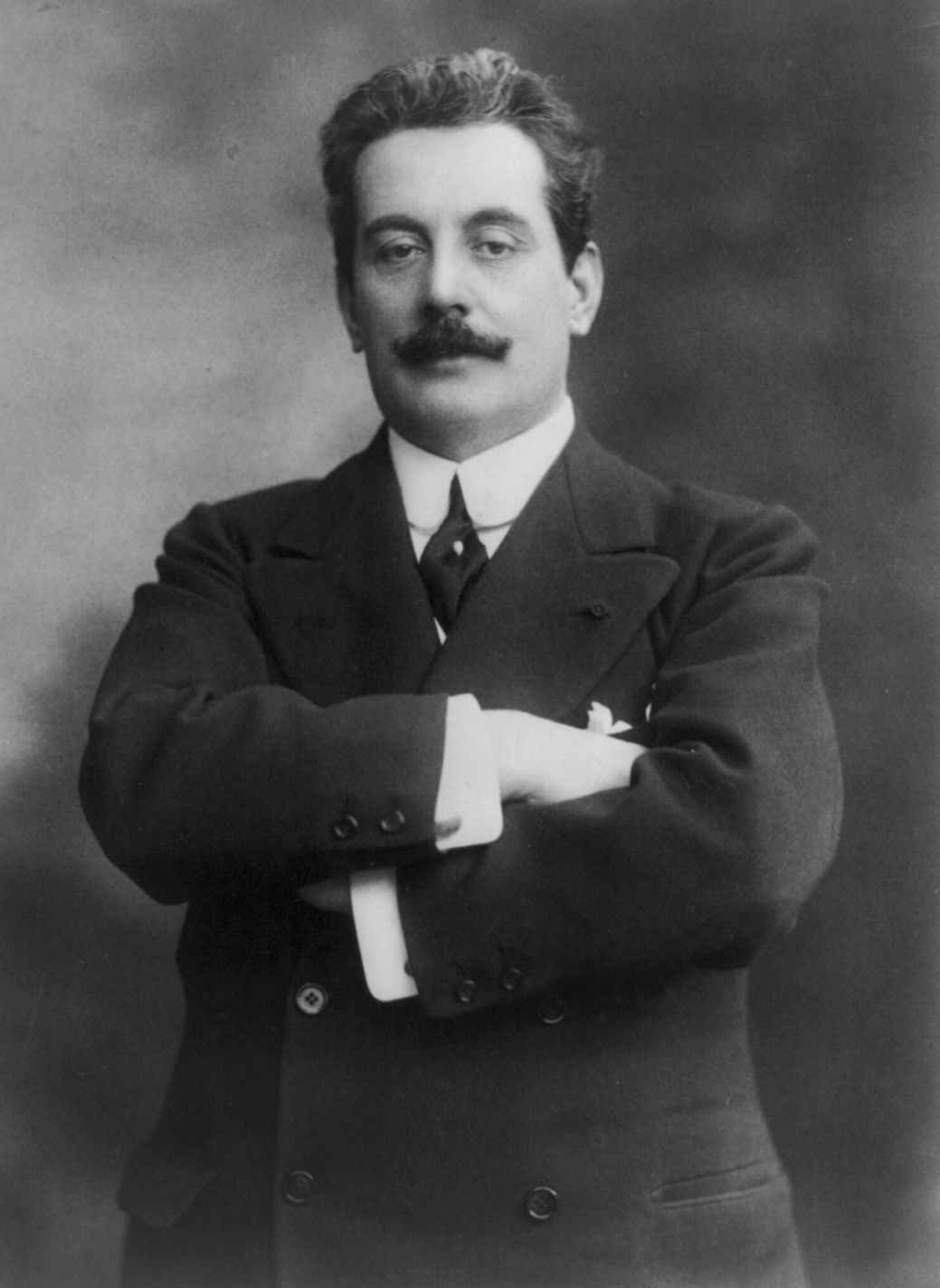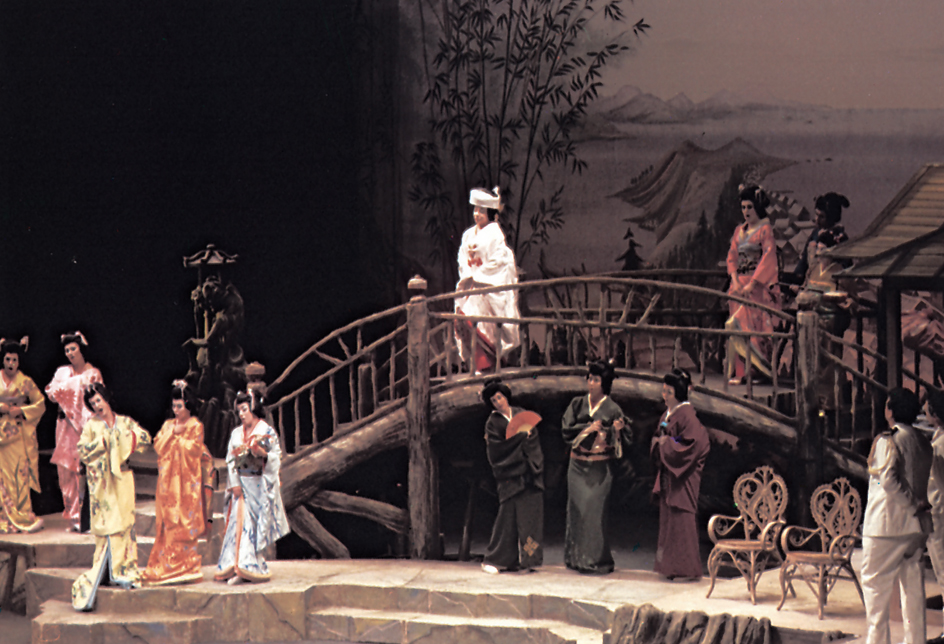Puccini, Giacomo << poo CHEE nee, JAH koh moh >> (1858-1924), was an Italian opera composer. He ranks as one of the greatest opera composers of all time. Audiences can hear such Puccini operas as La Boheme (1896), Tosca (1900), Madama Butterfly (1904), The Girl of the Golden West (1910), and Turandot (first performed in 1926, after Puccini’s death). Opera companies also present Il Trittico (1918), a collection of three one-act operas—Il Tabarro, Suor Angelica, and Gianni Schicchi.

Puccini was born on Dec. 22, 1858, in Lucca, the fourth generation of a family of professional musicians. After studying music—unwillingly at first—he became a church organist. With a grant from Queen Margherita, Puccini enrolled at the Milan Conservatory in 1880. He submitted his first opera, the one-act Le Villi, in a competition, but did not win. However, the opera was produced successfully in Milan in 1884. His second opera, Edgar (1889), was less well received.
Loading the player...La Bohème
With the triumph of Manon Lescaut (1893), Puccini began to gain a reputation as the probable successor to the aging Verdi (see Manon Lescaut ). All 10 of the Puccini operas that followed won international fame for their mastery of theatrical effect, their emotionally charged melodies, and their orchestral brilliance. Puccini was a perfectionist who was concerned with every detail of his operas. His works are tightly written and always delighted his audiences. Of his works composed after 1893, only La Rondine (1917), which is almost a musical comedy, has lost popularity. Puccini was working on the last scene of Turandot when he died on Nov. 29, 1924, in Brussels, Belgium. The opera was completed by the Italian composer Franco Alfano (see Turandot ).

Nessun dorma by Giacomo Puccini
